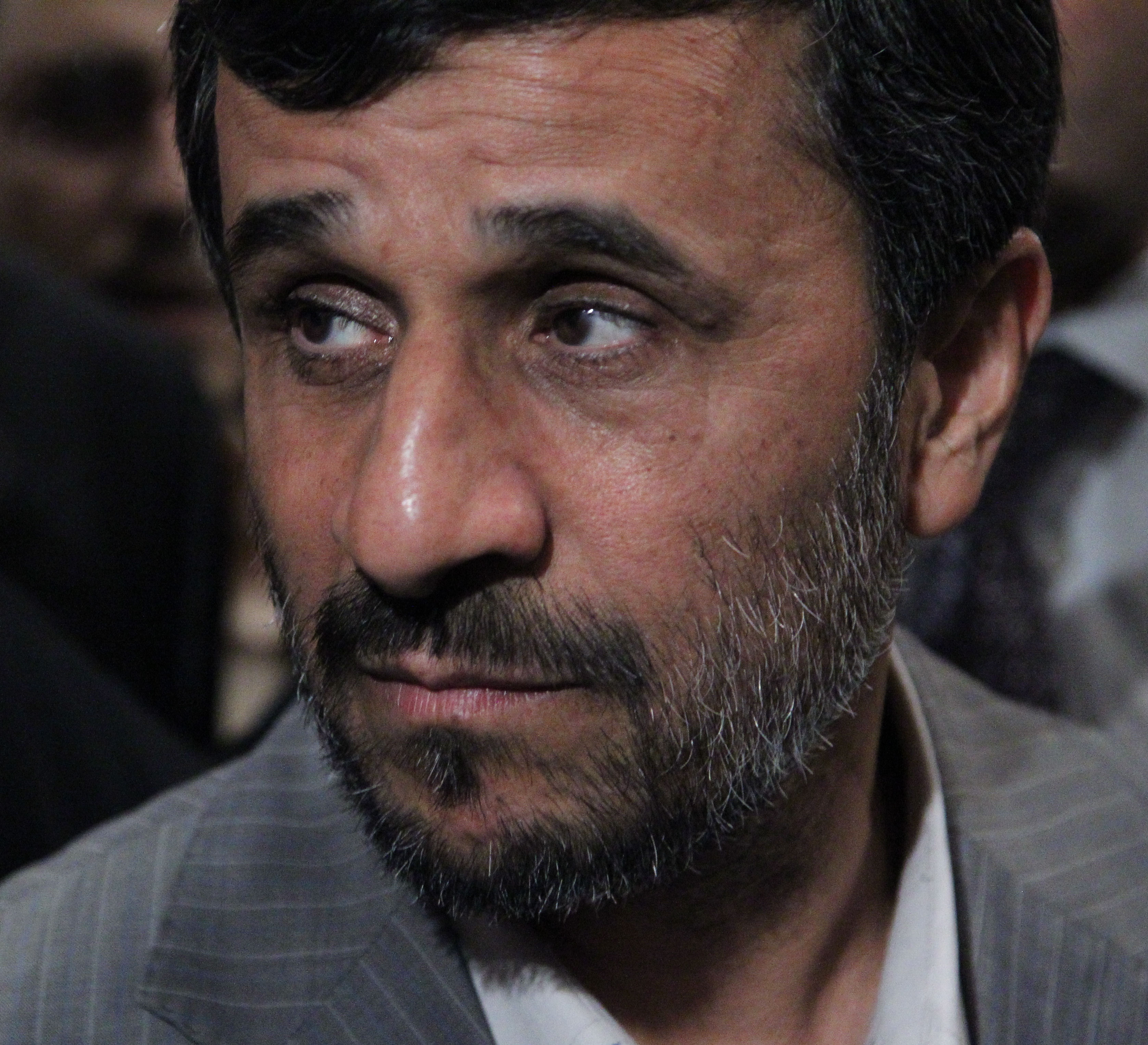UN approves new Iran nuclear sanctions
Updated on 09 June 2010
Europe and the US will be disappointed that Turkey and Brazil voted against a new raft of sanctions against Iran, writes Channel 4 News international editor Lindsey Hilsum.

The UN Security Council has approved a raft of new sanctions on Iran over its nuclear programme.
The resolution was passed with 12 votes in favour. Turkey and Brazil voted against while Lebanon abstained.
Tehran still insists its nuclear programme is for electricity-generation only, but western governments suspect Iran is enriching uranium to build a bomb.
The sanctions expand the existing UN arms embargo against Tehran and blacklist Iran's state owned shipping company, and three of its shadow subsidiaries. The resolution targets companies controlled by the Revolutionary Guard, and further sanctions are imposed against Iranian banks believed to facilitate money transfers for the purchase of nuclear-related technology.
Channel 4 News International Editor Lindsey Hilsum writes
The US and Europe will be disappointed that Turkey and Brazil voted against, but the main thing is that they got a resolution which China and Russia could endorse.
Although the provisions were watered down, and the sanctions themselves will not bring down the Iranian economy, they do distance Iran from its most powerful friends, Russia and China. President Ahmadinejad has been getting very angry with Russia in particular for siding with his enemies.
US Secretary of State Hilary Clinton said the resolution would impose "the most significant sanctions that Iran has ever faced" but they are not the crippling sanctions orginally envisaged. Russia and China agreed to these measures after the discovery of a secret nuclear enrichment facility near Qom last September, but would not endorse a full arms embargo, wider banking sanctions and a ban on foreign investment in the oil and gas sector.
Demands ans restrictions under proposed sanctions
- suspension of enrichment activities
- suspension of proliferation-sensitive nuclear activities
- full cooperation with nuclear watchdog the IAEA nuclear watchdog
- expansion of arms embargo
- freeze on assets
- ban on travel of 40 entities, including one bank and one individual
- prohibition of Iranian investment in foreign commercial activities capable of delivering nuclear weapons
- ban on wider range of military imports to Iran, including helicopters and missiles
- ban on further development of ballistic missiles
Iranian president Mahmoud Ahmadinejad has threatened to stop all dialogue with the West over its nuclear programme if any new restrictions are adopted, calling the move for sanctions, instead of negotiation, a "grave mistake".
Effect on civilians
"Though the sanctions are directed at Iran's nuclear and military industries, the domain of such sanctions extends to the lives of the ordinary people.
Sanctioning Iranian banks, for example, has made it enormously difficult for Iranian families to send money to their children studying abroad. Obtaining a student or a holiday visa is another difficulty Iranians are faced with as a result of these sanctions.
People feel frustrated and angry because they can neither bear to stay and live in the country, nor can they find a way to get out.
Thus, even the opposition groups in Iran are against the sanctions because the effect on the ordinary people's lives is far greater than the restrictive effects on the government."
Sahar Beheshti is an Iranian student currently studying in Germany
The Security Council's decision comes as the confusion over Iranian nuclear scientist Shahram Amiri escalates.
Amiri, a university researcher working for Iran's Atomic Energy Organisation disappeared during a pilgrimage to Saudi Arabia and is believed to now be living in the US. On Monday state TV broadcast grainy footage of the scientist apparently claiming he was being held against his will in Tuscon, Arizona.
The mystery of Iran's missing scientist
- read full article here
New footage has emerged on the video sharing site YouTube, in which what appears to be the same man - says he is studying in the US and is there of his own free will.
"I am in America and intend to continue my education in this country. I am free here and assure everyone I am safe," he said.
US officials have refused to say whether Mr Amiri is in the USA, but it's been reported that he defected and provided information on the secret uranium enrichment site near Qom.
US Defence Secretary Robert Gates said he expected the new sanctions to provide a springboard for individual countries to take their own measures against Tehran.



